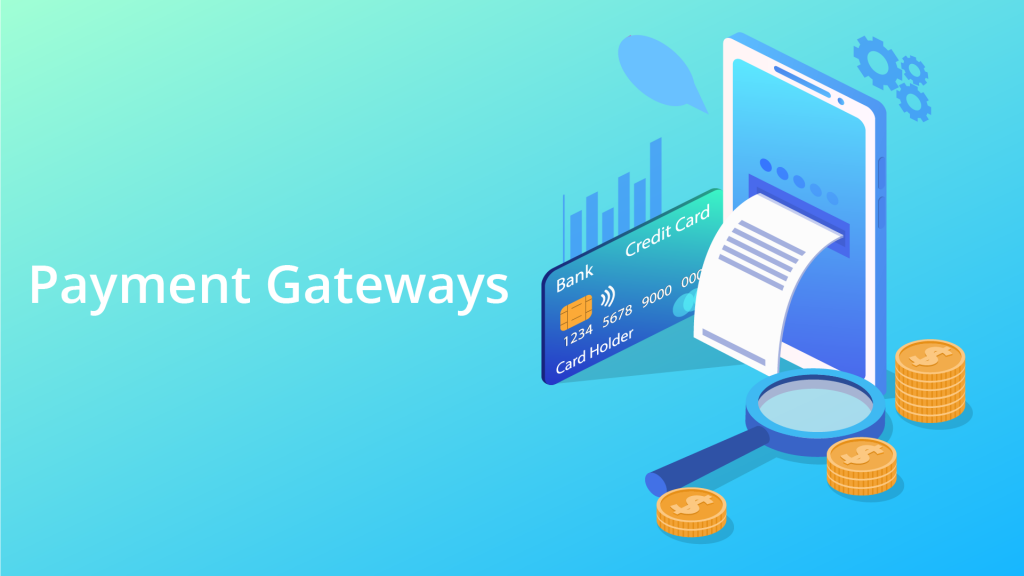A payment gateway is an interface that transfers (processes) electronic financial transactions for e-businesses, online retailers, brick-and-mortar merchants and other types of organizations. Payment gateways are responsible to securely transmit sensitive information between the website and the banks or card companies who authorize payment for transactions while protecting consumer data through encryption technology. Payment Gateways provide the essential payment security for online shopping, processing payments through credit cards, debit card, e-checks and other payment options.
It is necessary to use a secure gateway in order to keep both your customers’ data safe while ensuring that the information they’re putting into the payment page during the checkout process is encrypted (secured). This ensures that their personal information isn’t visible to an unauthorized third party. This is why it’s important for your customers to check for the https:// protocol on the payment page, ensure that SSL certificates are present and valid.
SSL certificate is responsible to encrypt all data entered into the payment page during the transaction process. If you were using a secure gateway and it wasn’t encrypting data, you wouldn’t be safe from malicious third parties who might intercept the data and steal financial information of your customers.
Typically, payment gateways can process different types of payments on a website such as: credit cards (Visa/MasterCard), debit cards (e.g. Visa Debit), prepaid cards (e.g. Solo), direct payment, PayPal etc.
There are actually three steps in the process of accepting payments online:
- The customer makes a purchase;
- The transaction goes through the payment gateway;
- Then it is processed by the merchant’s bank or card processing company (credit card companies like Visa or MasterCard). The payment gateway is the vital step that connects the customer’s purchase to the merchant’s bank or card processing company.
The most common type of payment gateways are those that use credit cards (Visa/MasterCard) as a payment method. In order for a website to be able to accept payments from customers, it must have an agreement in place with one of the credit card companies. This is known as a merchant account and it’s what allows businesses to accept payments from customers’ credit or debit cards.
Most payment gateways use some type of fraud prevention service in order to minimize the chances of fraudulent transactions being approved. This usually includes services such as: 3D Secure, AVS checks, address verification services etc. Online fraud is a huge problem for the entire ecommerce industry so you might consider using an automated fraud prevention service provided by your payment gateway.
There are two types of gateways: hosted and non-hosted. With a hosted solution, the code is run on the vendor’s server(s) and the customer’s website simply communicates with it. With a non-hosted solution, the code is run on the customer’s own web server and they are responsible for security and updating the software. Most small businesses use a hosted payment gateway service as it’s more convenient and requires less technical knowledge.
When a purchase is made, the payment gateway will take a small percentage of the sale as a fee. This fee is typically around 2-3% of the total transaction amount and is paid by the merchant. There are some gateways that do not charge any fees, but they are usually used by larger businesses who process high volumes of transactions.
There are a number of different payment methods that a payment gateway can accept, however the most common are: credit cards, debit cards and PayPal.
Credit card payments – this is the most popular payment method utilized by both consumers and businesses due to it’s simplicity and security. When customers checkout from your online store, they will be prompted to enter their credit card information onto a secure payment page. The credit card company then verifies that the card is active and has not been reported lost or stolen before approving the transaction.
